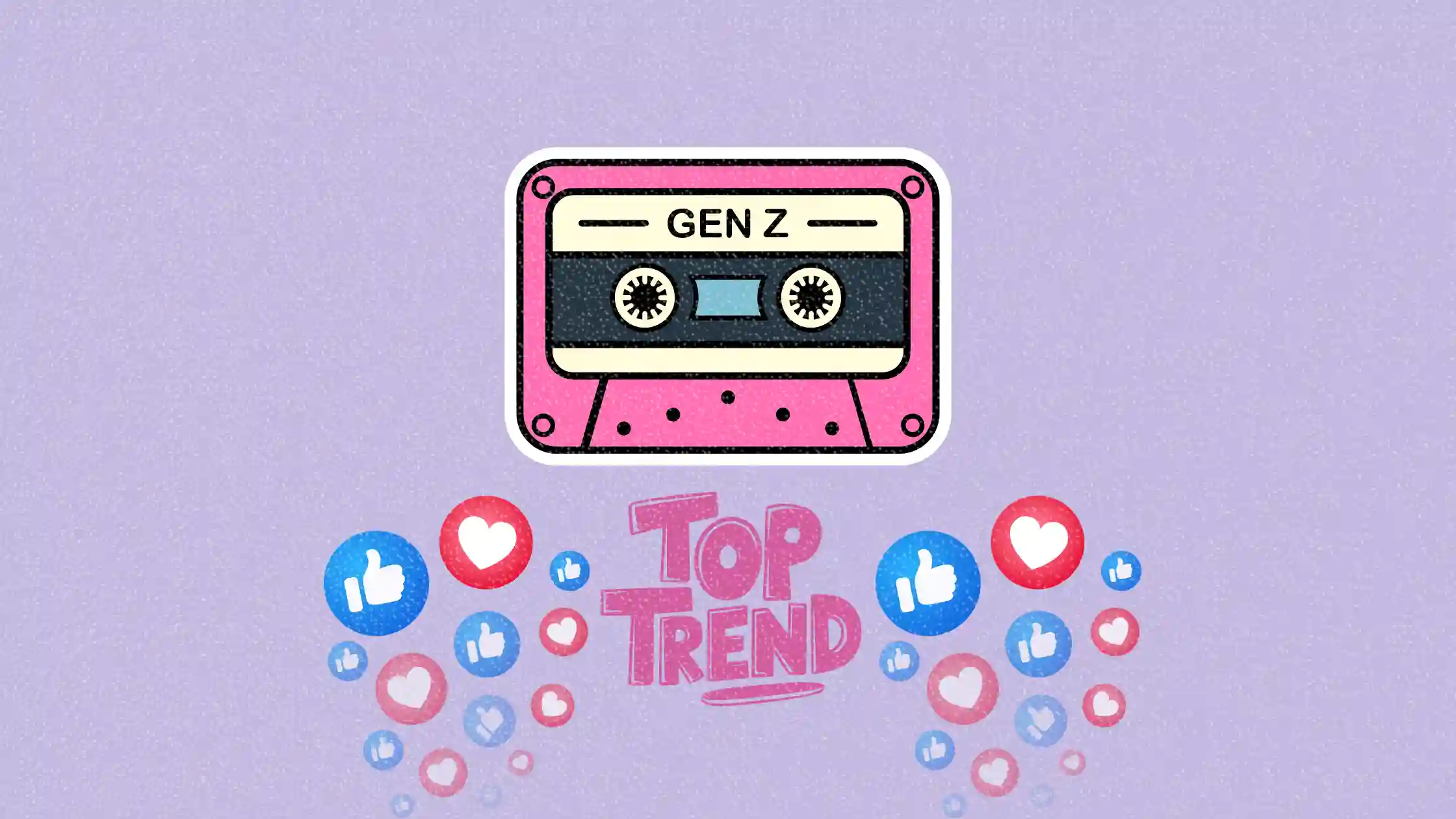
If you want to understand what drives Gen Z in 2025, forget stereotypes and start looking at what actually moves them: mental health, creator-driven content, community-based gaming, and a revived love for Y2K culture.
With more than half of Gen Z experiencing mental health challenges and a growing desire to live life as the “main character,” their expectations for content, culture, and brand engagement have shifted.
This article explores six cultural and behavioral trends shaping the generation and what they mean for marketers aiming to stay relevant.
Short on time?
Here’s a table of contents for quick access:
- Gen Z and self-care: mental health goes mainstream
- Main character energy: a TikTok-born mindset
- Y2K nostalgia and the anti-modern tech vibe
- Streaming and creator content as comfort media
- Gaming is where Gen Z builds identity
- Podcasts for therapy, rants, and real talk
- Search without Google: AI and social media take over discovery
- Micro-movements and niche communities over mass culture
- Sustainability as a flex without the preachiness
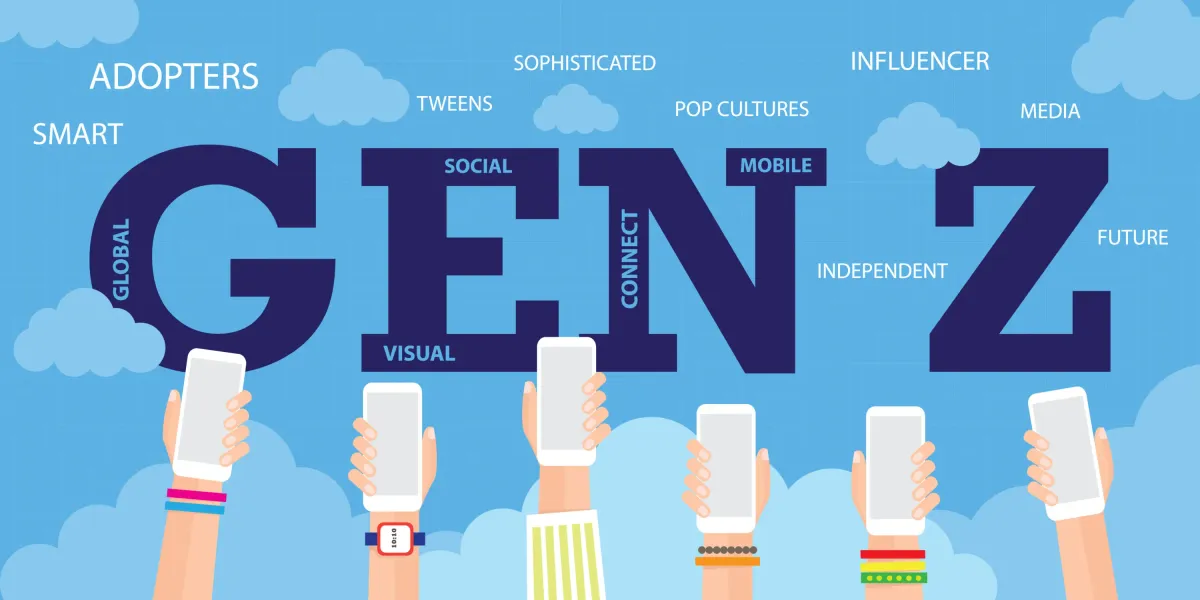
Gen Z and self-care: mental health goes mainstream
Mental health isn’t just a talking point—it’s central to how Gen Z sees themselves and the world around them.
With 65% of Gen Z reporting mental health issues, this generation is more open about psychological well-being than any before it. Nearly 30% of Gen Zers and millennials in the US say they prioritize wellness significantly more than they did a year ago—a sign that self-care is becoming a higher priority, not just a passing trend. Yet, many still lack access to treatment, especially among minority groups.
This shift has influenced workplace culture as well, with statistics indicating that 85% of workers report feeling burnt out, and Gen Z employees are bearing the brunt of this trend.
For brands, there’s an opportunity here: over half of Gen Z say they’d respond more positively to brands that support mental health in their messaging.
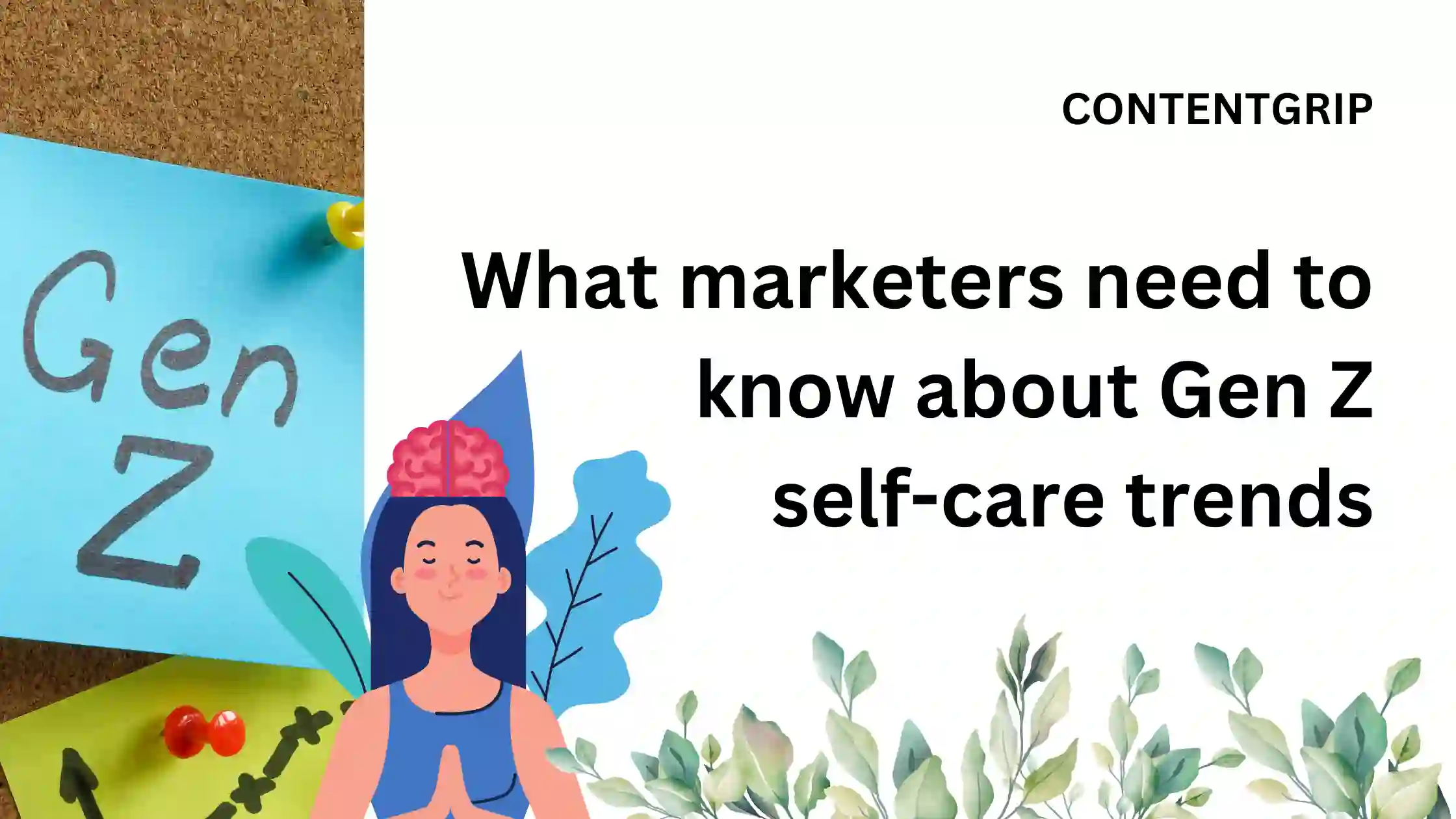
Main character energy: a TikTok-born mindset
Coined and popularized on TikTok around 2020, “Main Character Energy” is Gen Z’s way of reclaiming agency. It refers to a person exuding confidence and self-assuredness as if they are the main character in a story—often making bold choices and living authentically.
It’s not just a vibe—it’s a mindset.
It’s about romanticizing everyday life, taking bold action, and crafting a personal narrative that feels cinematic.
This cultural cue has legs because it’s flexible: it feeds into both aesthetic self-expression and motivational self-help, offering fertile ground for UGC (user-generated content) campaigns and brand collaborations.
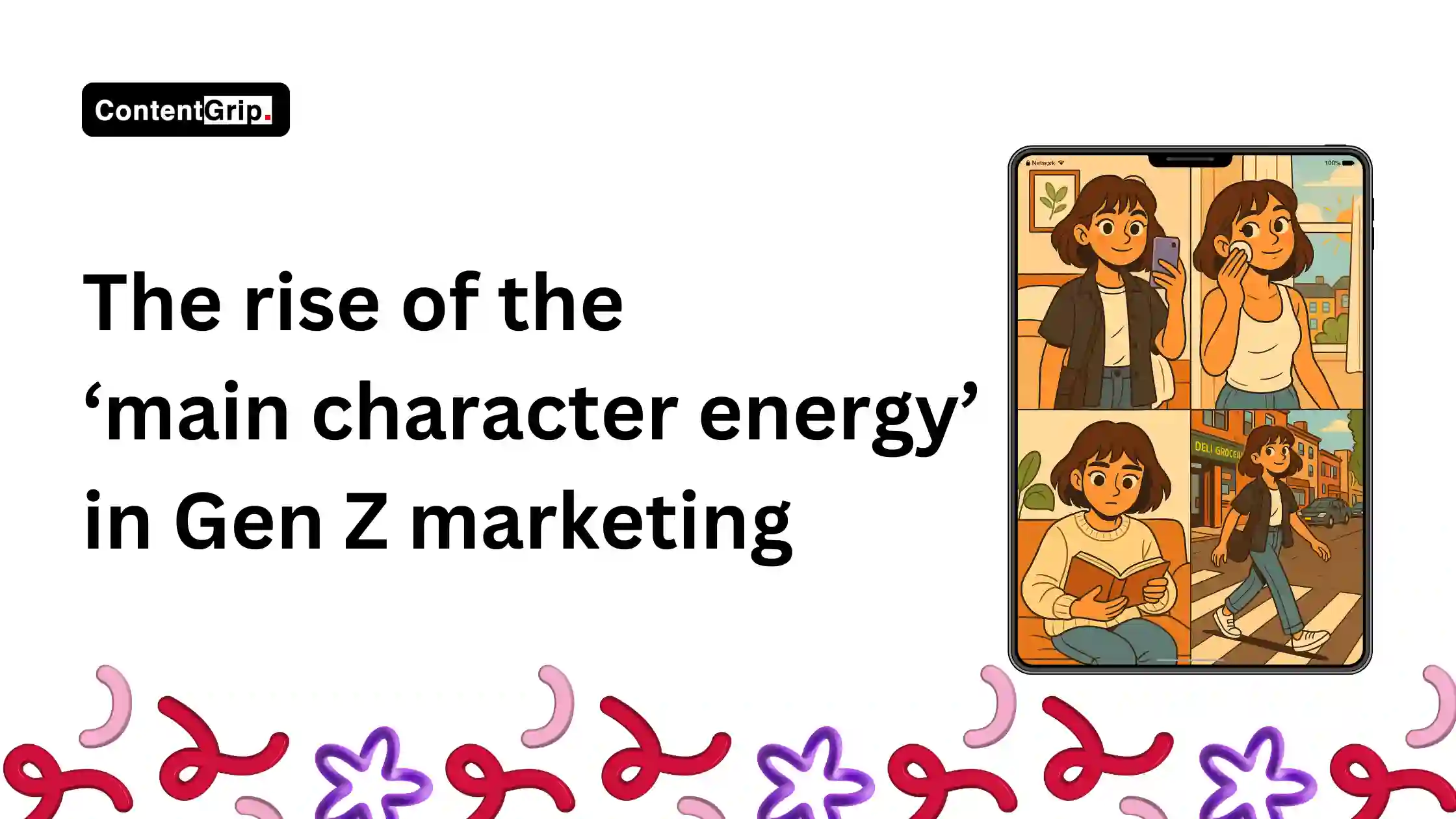
Y2K nostalgia and the anti-modern tech vibe
Fashion and tech from the early 2000s are back—and not just ironically. From low-rise jeans and Von Dutch hats to the return of Razr phones and iPods, Gen Z is reaching backward to escape digital fatigue.
Why? Because the world of always-on social media is exhausting.
Gen Z craves simplicity and analog textures, even if only for a moment.
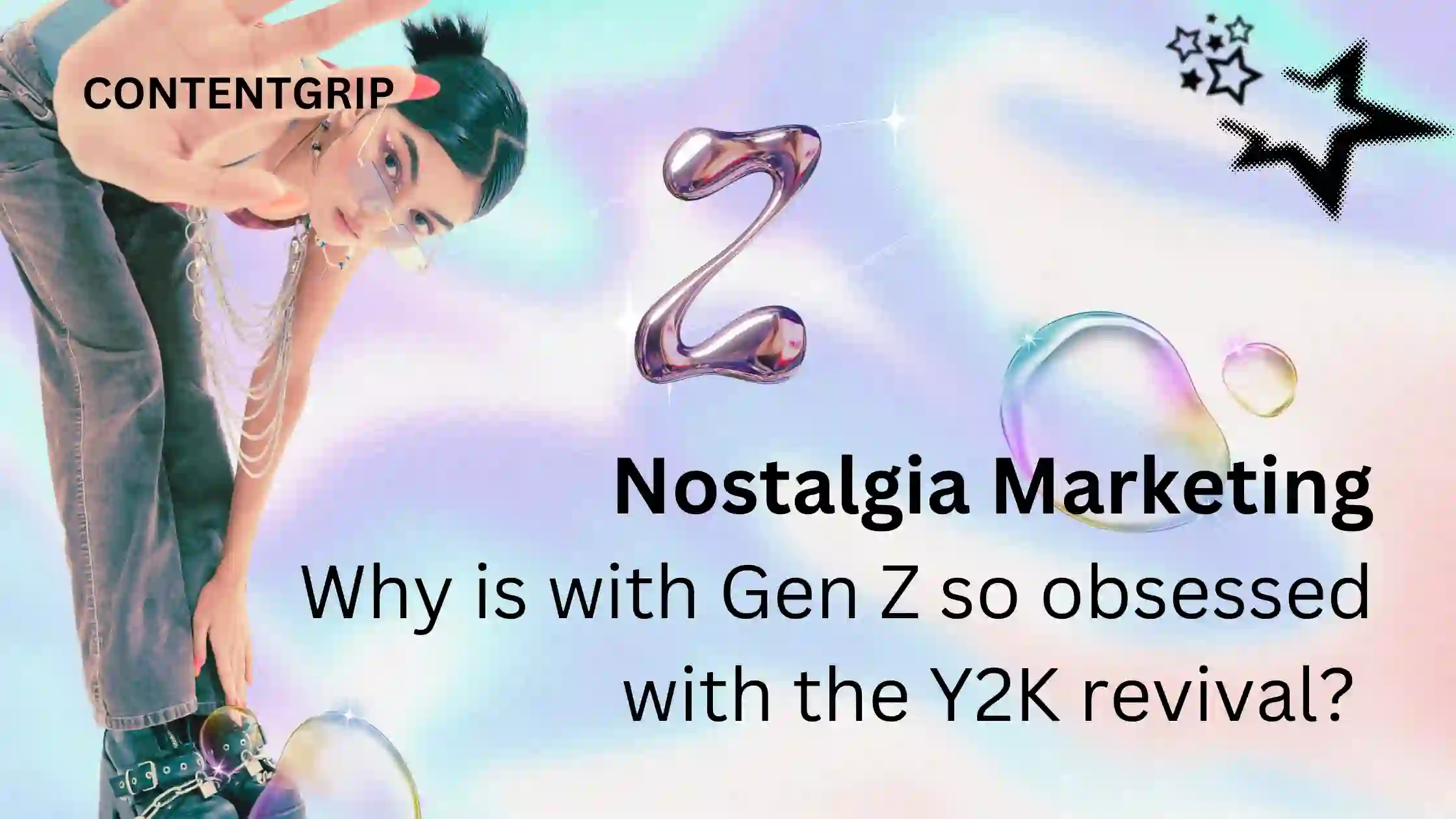
Streaming and creator content as comfort media
Gen Z no longer discovers new shows by scrolling Netflix—they turn to TikTok or their favorite creators.
56% say they’ve watched a show after a creator’s recommendation, and 53% say that social media suggests better content than streaming platforms.
In a world of infinite choices, Gen Z leans into familiarity and humor: 76% favor comedy and memes on platforms like TikTok. They’re seeking low-friction, emotionally rewarding entertainment.
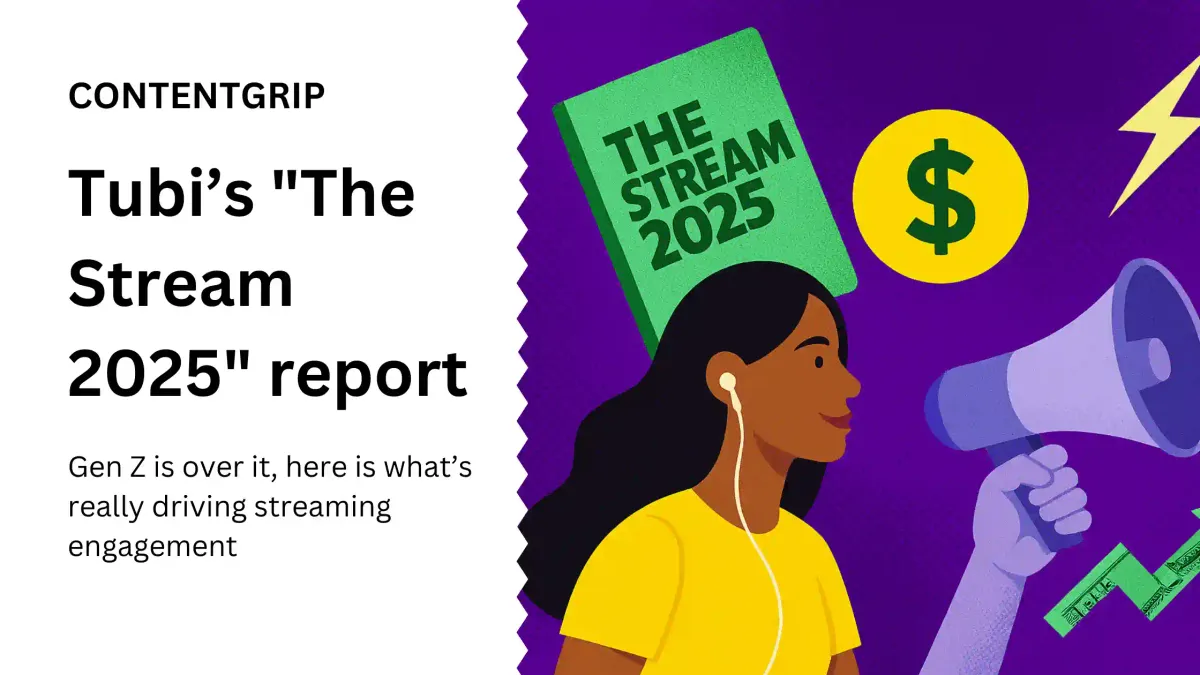
Gaming is where Gen Z builds identity
Gaming isn’t just about play—it’s community, identity, and social glue. A full 81% of Gen Z plays video games, and 77% prefer mobile platforms for gaming.
More strikingly, 55% say that the social interaction in games is more important than the competition itself.
This generation doesn’t just play games—they live in them. These spaces are venues for hangouts, identity exploration, and even activism.
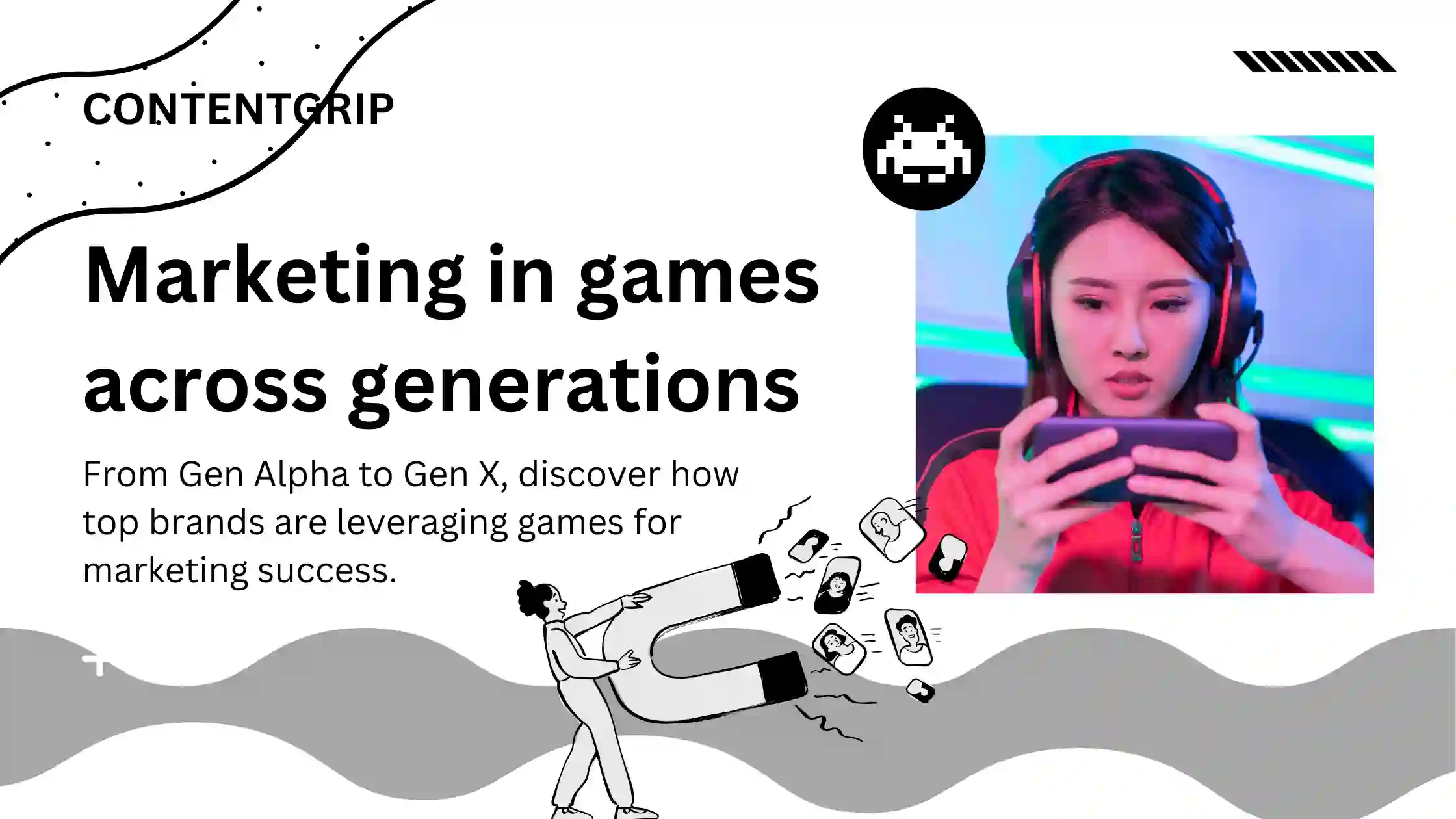
Podcasts for therapy, rants, and real talk
Nearly 47% of Gen Z listens to podcasts monthly, with 28% tuning in nearly every day. Unlike the curated visuals of Instagram, podcasts offer a raw, unfiltered channel for authenticity.
Gen Z gravitates to formats that combine humor with vulnerability—think therapy-style rants, mental health breakdowns, and behind-the-scenes storytelling.
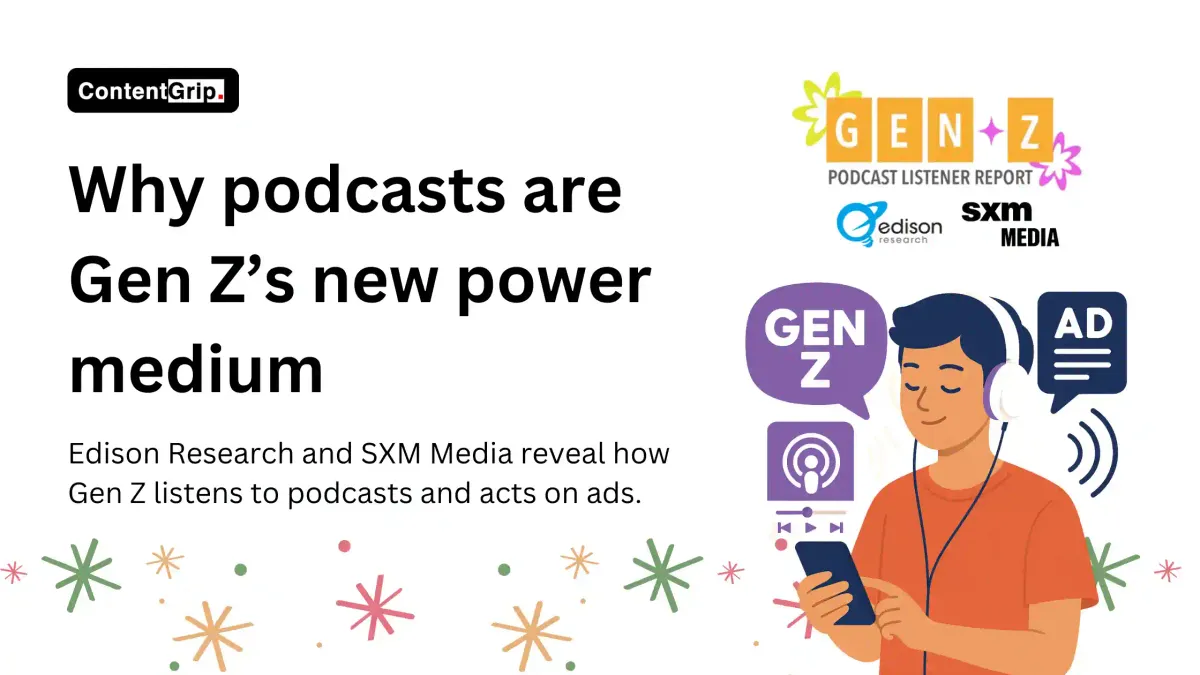
Search without Google: AI and social media take over discovery
Gen Z is moving away from Google for search. Instead, they’re turning to TikTok, ChatGPT, and other AI-driven tools for everything from restaurant recommendations to study help.
Sprout Social’s Q2 2025 Pulse Survey found that 41% of Gen Z users now turn to social media platforms first when they need answers—compared to just 32% who default to traditional search engines.
For them, TikTok’s algorithm feels more personal and authentic, while AI chat tools provide fast, conversational answers without wading through multiple links.
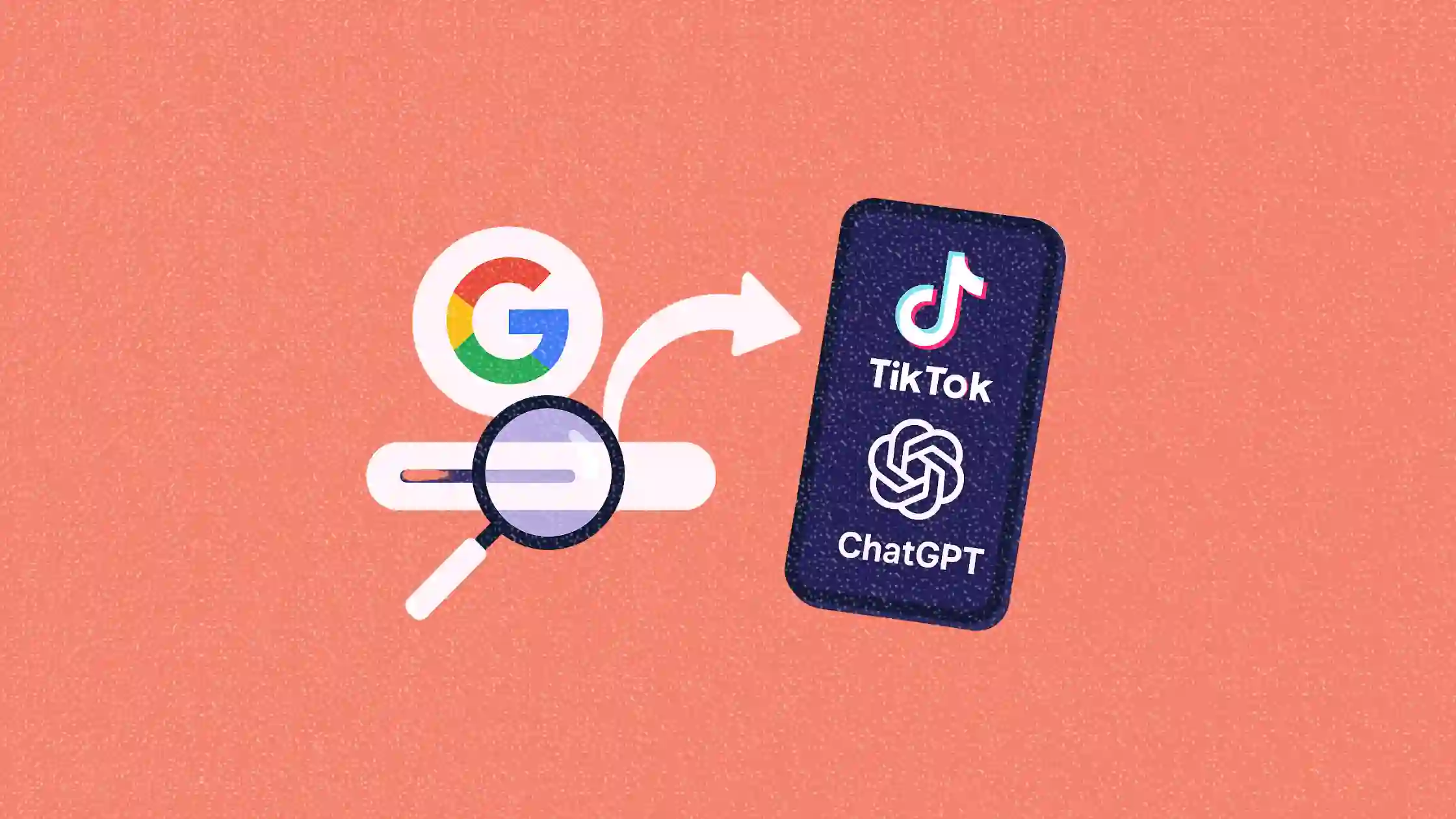
Micro-movements and niche communities over mass culture
Rather than following mainstream pop culture, Gen Z invests in highly specific subcultures—anything from cottagecore gamers to “beige flag” dating humor to productivity “cozy study” livestreams.
These micro-movements thrive in algorithm-driven feeds and communities, where content feels curated for personal taste.
Sustainability as a flex without the preachiness
Sustainability is a given for Gen Z, but they’re turned off by moralizing or performative greenwashing. Instead, they respond to eco-conscious products that feel aspirational and integrated into everyday life—like resale fashion platforms or upcycled lifestyle goods.

For marketers, this isn’t about jumping on trends. It’s about understanding that Gen Z is building its own culture with tools like TikTok, gaming, and podcasting—and rejecting parts of the old one.
They want care, creativity, and community. If your brand can speak that language authentically, you won’t just be relevant—you’ll be part of their story.











Leave a Reply